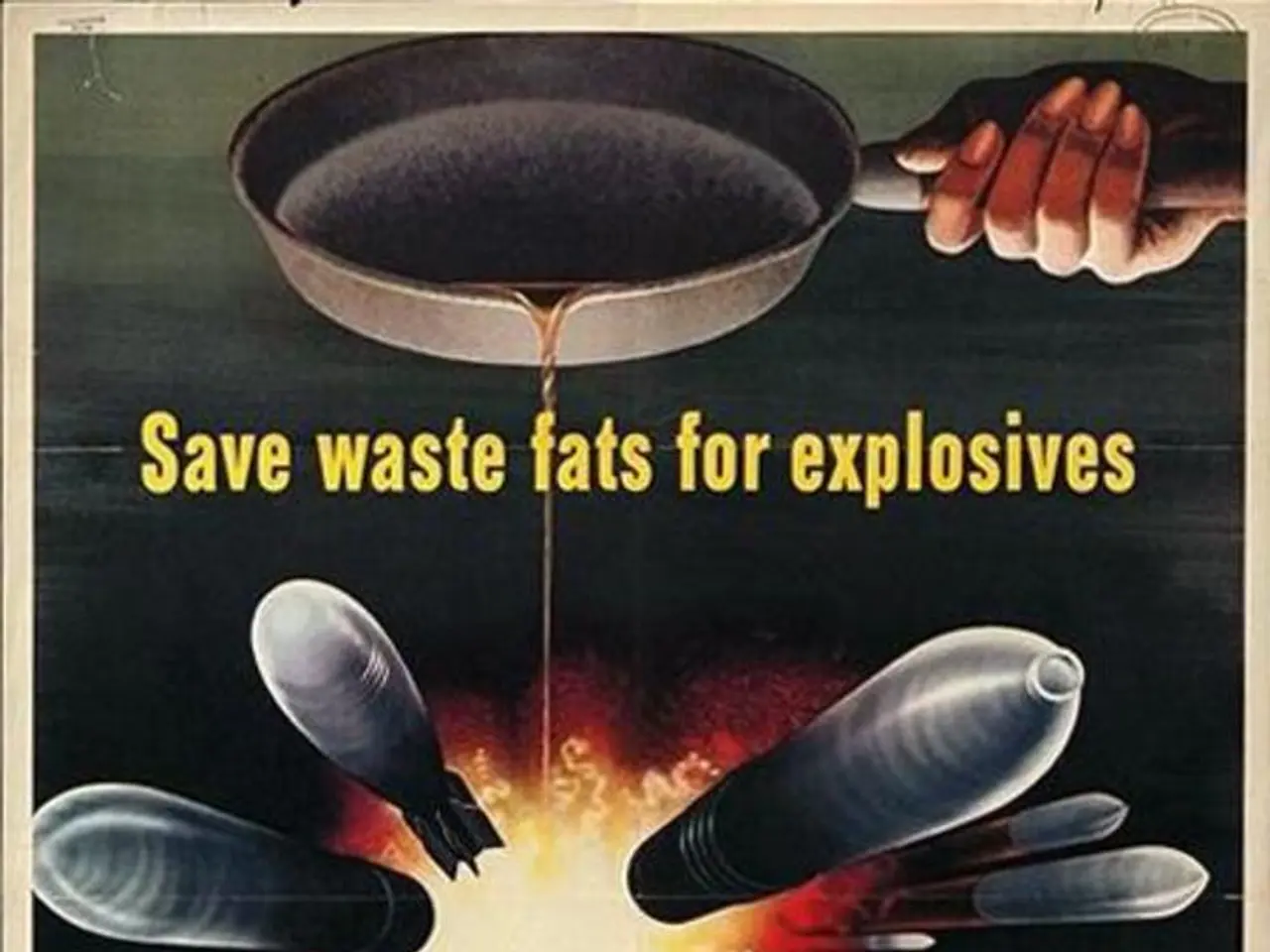In a controversial move, Capitol Hill approves legislation for transferring 2 million U.S. job opportunities to China, exacerbating the federal deficit and surging energy expenses.
## Implications of the Republican Tax Bill and the Inflation Reduction Act: A Comparative Analysis
In the realm of economic policy, two significant pieces of legislation have recently captured public attention: the Republican Tax Bill and the Inflation Reduction Act (IRA), signed into law by President Biden. This article aims to provide a clear, concise comparison of the two bills' implications on energy efficiency credits, air quality, manufacturing, deficit, and job creation.
### Energy Efficiency Credits
The Republican Tax Bill, particularly the House version, significantly curtails clean energy credits introduced under the IRA. These credits, which are essential for encouraging investments in renewable energy projects, are either ended or phased out rapidly in the House bill, while the Senate takes a more gradual approach, preserving some credits until 2026 or beyond [1][2].
In contrast, the IRA includes substantial clean energy credits, aiming to incentivize investments in renewable energy technologies like solar and wind power. These credits help reduce greenhouse gas emissions and improve air quality by promoting cleaner energy production.
### US Air Quality
By reducing incentives for clean energy, the Republican bill may lead to less stringent environmental policies, potentially worsening air quality. This is because clean energy credits are crucial for reducing reliance on fossil fuels, which are major contributors to air pollution [3].
On the other hand, the IRA's focus on clean energy and reducing emissions helps improve air quality by incentivizing the use of cleaner energy sources.
### US Manufacturing
The impact of the Republican Tax Bill on manufacturing could be mixed. While it makes some tax cuts permanent, which might boost economic activity, the reduction in clean energy credits could harm industries focused on renewable technologies. However, the permanent reforms on international business income might help multinational companies and boost manufacturing in sectors not heavily reliant on clean energy credits [2][4].
The IRA supports manufacturing in sectors related to clean energy and technology, potentially creating jobs in these areas. By incentivizing domestic production of clean energy technologies, it could help boost U.S. manufacturing jobs in the renewable energy sector.
### Deficit
The Republican Tax Bill is expected to increase federal deficits by approximately $3.4 trillion over the next decade, according to the Congressional Budget Office. This significant increase in deficits could have long-term economic implications, including higher interest costs and increased borrowing [3][4].
The IRA was designed to reduce the deficit by imposing fees on certain emissions and investing in projects that can reduce health and environmental costs in the long term. However, the Republican bill's focus on tax cuts could undermine these efforts by increasing spending and reducing revenue.
### Job Creation
The tax cuts could lead to job creation in sectors benefiting from lower taxes, such as manufacturing and energy production. However, the reduction in clean energy credits might lead to job losses in the renewable energy sector [4].
The IRA's focus on clean energy technologies could create jobs in this sector, potentially driving employment growth in industries related to renewable energy and energy efficiency.
It's worth noting that China is estimated to sell more EVs than the US sells cars overall in 2023, and the bill does nothing to address the fact that the social security trust fund will go to zero in nine years [5].
In summary, the Republican tax bill and the Inflation Reduction Act have contrasting impacts on energy efficiency credits, air quality, manufacturing, deficit, and job creation. The Republican bill focuses on tax cuts and reducing clean energy incentives, while the IRA aims to promote clean energy and reduce emissions, potentially creating jobs in renewable sectors.
[1] https://www.nytimes.com/2022/11/19/climate/house-bill-clean-energy-credits.html [2] https://www.axios.com/2022/11/17/house-gop-tax-bill-renewable-energy-subsidies [3] https://www.axios.com/2022/11/18/gop-tax-bill-climate-change-air-pollution [4] https://www.axios.com/2022/11/19/gop-tax-bill-manufacturing-green-energy-subsidies [5] https://www.washingtonpost.com/business/2022/11/18/china-ev-sales-us-2023/
- The Republican Tax Bill's reduction in clean energy credits might discourage investments in electric vehicles, whereas the Inflaration Reduction Act aims to support the growth of electric vehicles as a means of reducing greenhouse gas emissions and reliance on fossil fuels.
- The Inflation Reduction Act's focus on green energy and renewable technologies could stimulate the production of energy-efficient vehicles, while the Republican Tax Bill's phasing out of clean energy credits might stifle such growth in the automotive industry.







